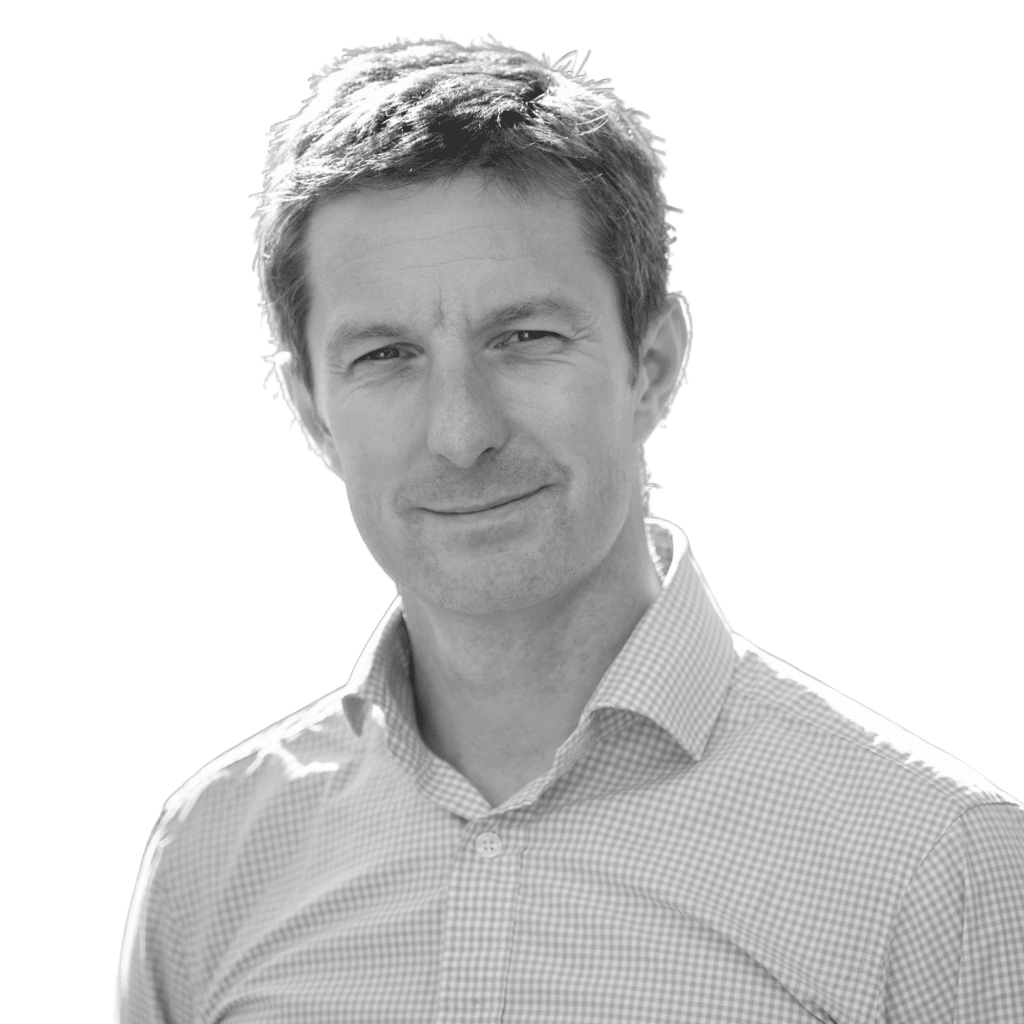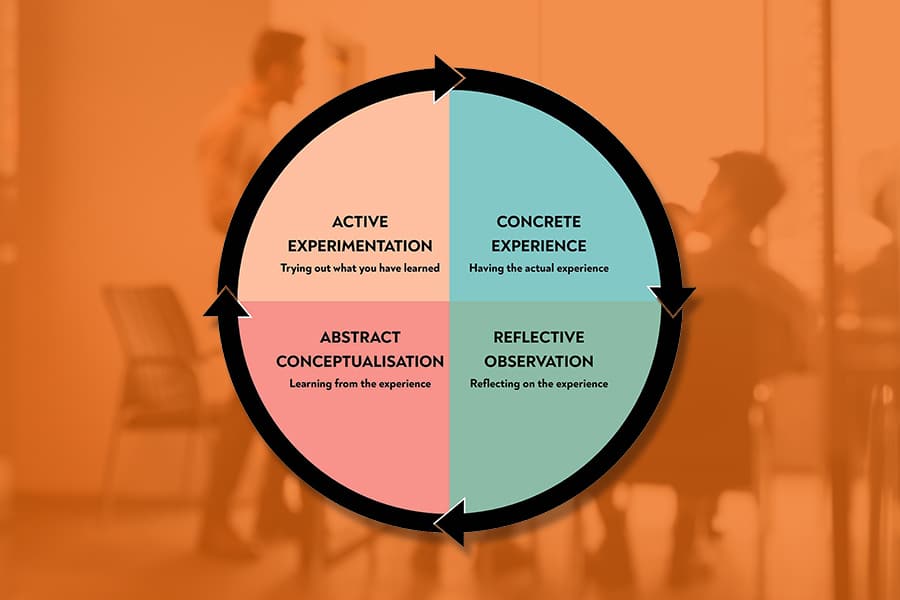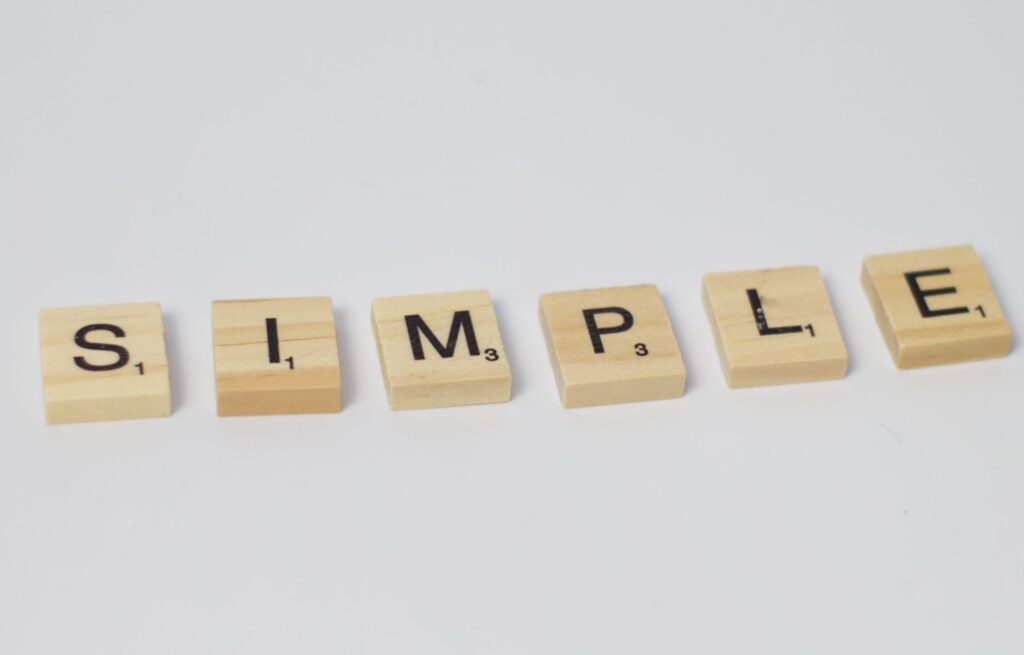When we talk about reflective practice; ie reviewing what has happened, and identifying how to do better next time, a frequent challenge we hear is that it’s not possible to find or justify the time in a busy operational environment. We all agree that coaching and other reflective activities have their place in supporting learning and positive change, but that it’s “too difficult” when we are on the coal face, reacting to customers, problems, and circumstances. It is better(easier?) to just give clear direction and save the coaching for the eventual 1 to 1. This month we have heard this from clients in business, local authorities and the front-line NHS. The problem is that by the time this happens, the event will be in the past; a distant memory.
David Kolb’s Learning Cycle is a highly influential model for learning, reflection and continuous improvement:
These 3 questions achieve the aim of Kolb’s model, but are better suited to dynamic environments. Whether things go badly or well, we can always improve:
What Happened?: What did I just do?
So What?: What were the consequences, and what did I observe and hopefully learn from that event?
What Now?: What will I carry forwards or do differently next time?
“Excellence” is a frequently used word, but it isn’t achieved swiftly. Where we tend to see it; the best parts of the NHS, the way aeroplanes are refuelled and turned around quickly between flights, customer service in the best hotels, it is achieved through gradual improvements; reflecting on what has happened, problem identification, and active experimentation to try to do it better next time. This needn’t be scheduled activity; just 6 words, perhaps just a one-minute conversation, to consider each time we act and want to improve.

















